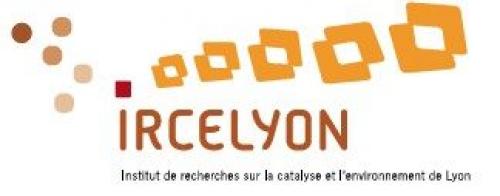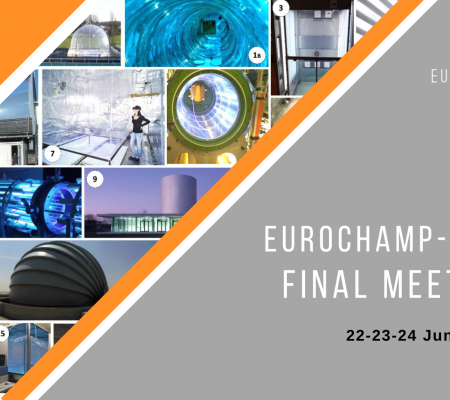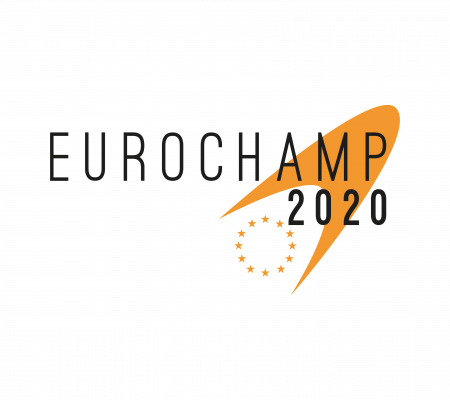

Climate change and its global effects are one of the most urgent challenges of nowadays society. Our ability to evaluate these effects as well as the existing uncertainties, depends on accurate predictions of the atmospheric aerosol formation rates, its concentration and spatial distribution. Fine atmospheric aerosols (particles with aerodynamic diameter less than 2.5 μm, i.e., PM2.5) can produce a significant cooling effect on the atmosphere by directly reflecting solar radiation and/or acting as nuclei for cloud formation. In addition, fine particles are recognized to adversely impact air quality. The largest mass fraction of PM2.5 is often of secondary organic origin, formed by gas to particle conversion of volatile organic species. Despite decades of research, many substantial questions still remain concerning the formation and evolution of the secondary organic aerosol (SOA) in the atmosphere. The understanding of the physical and chemical processes associated with SOA, and the influence of human activities (such as increased NOx and SO2 concentrations) are however crucial to properly represent SOA in models and to accurately evaluate their impacts on climate and human health.
In this context, we plan to explore the physical-chemistry of anthropogenic SOA by means of newly developed online advanced mass spectrometric tools using the Orbitrap technology. This unique class of instruments will allow gaining deeper insights into the physical and chemical processes leading to particle formation and aging in the urban environment. This project will have a balanced approached between lab- and fieldwork. Overall, this project will increase our understanding of these processes, in order to provide a basis for improved modeling of its atmospheric importance. The Ph.D. work will be carried at the Institut de Recherches sur la Catalyse et l'Environnement de Lyon (IRCELYON, http://www.ircelyon.univ-lyon1.fr/).
Contacts
Matthieu RIVA (matthieu.riva@ircelyon.univ-lyon1.fr)
Christian GEORGE (christian.george@ircelyon.univ-lyon1.fr)




